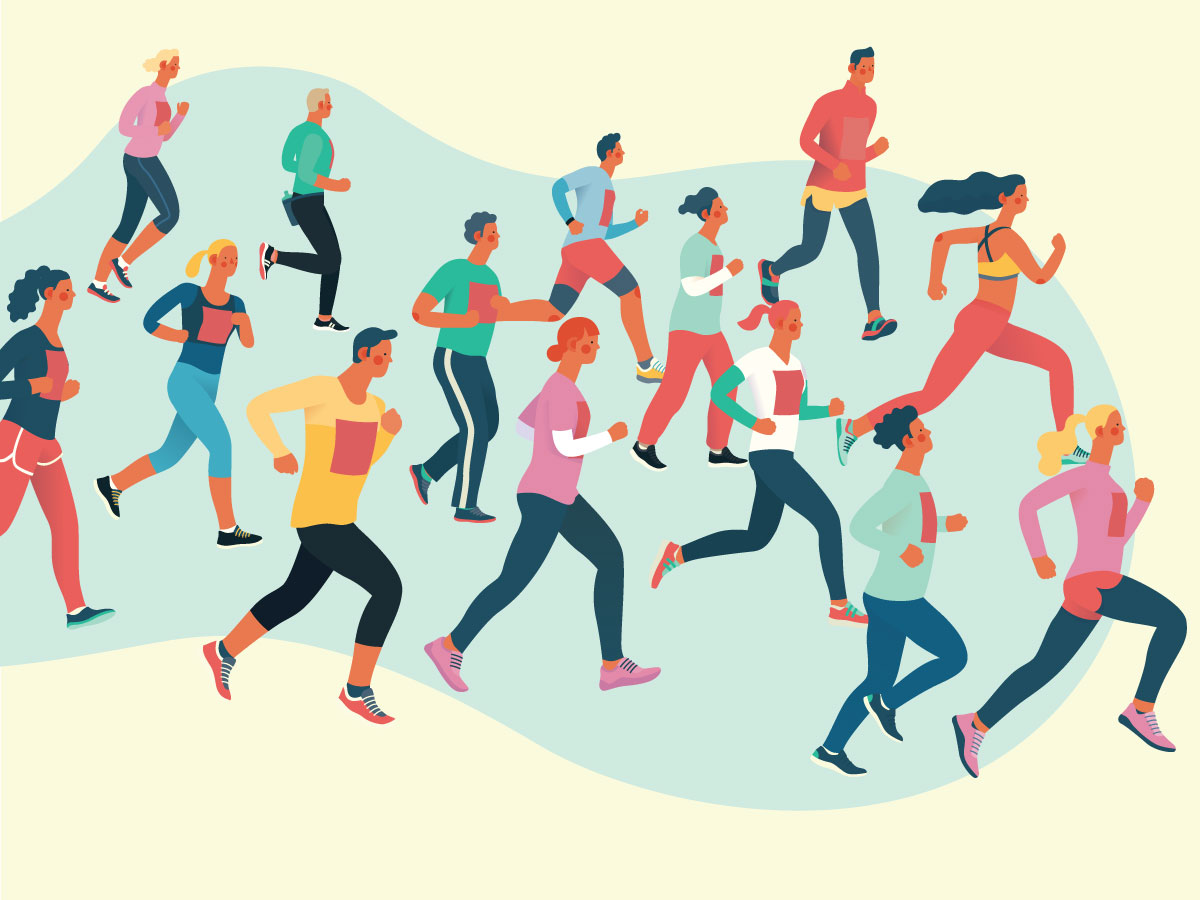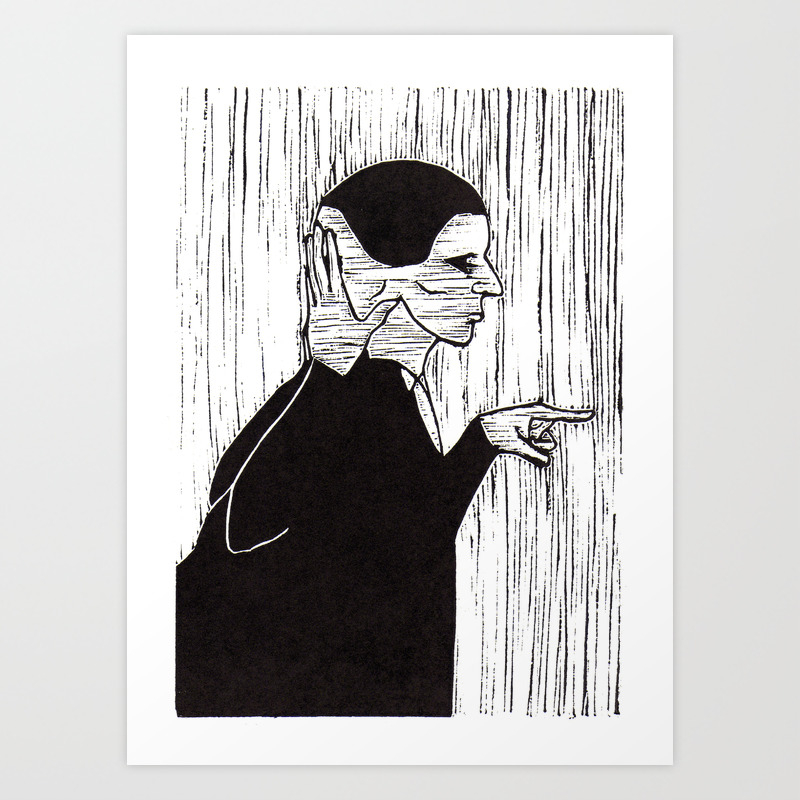Congratulations! You’ve made it through the writing portion of this class, and in the past four weeks you’ve worked a writing muscle to help work towards goals, word counts, deadlines, and critical thinking benchmarks.

1. You adapted to new rhetorical spaces in the forms of digital platforms, and learned to navigate through those spaces and produce adaptive content to them.

2. You practiced the critical thinking associated with analytical writing, in the form of a rhetorical analysis.

3. You practiced asking good questions and assembling complex and credible responses to those questions—both of which make up the processes of inquiry, exploration, and research.

4. Now it’s time to transition to the most essential part of this class: revision.
Revision
Revision is a process of exploring the recursive nature of writing: that in the drafting and editing process, you continuously cycle through creation, reflection, and revision. That is the definition of “drafting” itself.

Revision is an often misunderstood part of the writing process for students. Many students think of the editing process as “correcting” (that’s certainly a part of it sometimes, but not the most important part). Other students think of the revision process as a quick fix to wrap up their paper before it’s turned in, or perhaps something that gets done in the Writing Center before a deadline.
But revision happens more often and earlier than these ways of thinking about it describe. Revision involves a larger, holistic process of looking at a composition and continuing to develop it. To become a runner, one doesn’t just run once. To become a coder, one doesn’t just code in an hour. There is a continuous process of concentration and development in these actions similar to the recursive process of writing and revision.
Writing is a process, not a product. That is to say that the product (such as a completed assignment) is first a snapshot of where the work is at that time. It could, in theory, go on forever—forever getting revised and expanded upon—but it won’t, because there’s a deadline. A product is the result of a process—a pause in the ongoing saga of writing.
Revision is an essential part of this process—in fact, it is the machine of the process itself. We circle back on our own thinking and writing. We ask questions of ourselves, and seek responses from others. We discover new questions to ask, and new conversations to enter.
In previous classes, I’ve asked me students to consider the following scenario:

Imagine something you said that you want to take back. Maybe it was to a friend, a parent, or a romantic partner. Maybe it wasn’t how you meant it. Or maybe it was so unplanned that you shouldn’t have said it at all. Imagine if you had a time machine, and you could travel back in time and take it back. You could say more exactly what you meant, explain yourself more reasonably, and offer examples of the point you were trying to make. You could make a better point. You could take it back. You might even save a friendship doing so.
That’s the power of revision. You can travel through time.

Some reading on revision.
Please read this segment (the entire passage in PDF here) of a classic book on revision by writing teacher and Pulitzer-winning writer Donald Murray.

20 comments
Skip to comment form
The idea of being specific is something I like to instill in most of my writing and will try to implement more in my revisions. Like using a punch line, when telling a joke is what allows your audience to want to read more or be more entertained. It’s the opposite of a cliff hangar but has the same effect almost.
“Writing is a process, not a product. ”
This helps take the anxiety out of writing, really great advice.
I like his idea of brainstorming. Murray said to just take a piece of paper, and just start writing everything that comes into your head. No matter how stupid or insignificant it may be towards the piece of writing, just write it down. Then see where your train of thoughts lead you.
“But how do you get over your resistance to write when you have an assignment as students do?”
“I try to find my way into the assignment. I try to make it mine.”
I think this is something I especially need right now. I get stuck trying to figure out what exactly to write, and it feels so forced that I no longer have an interest in anything I wrote about. I feel like it’s very important to be able to make whatever the topic is into your own thing. Find whatever interests you about it, and express that interest. It’s easier said than done, but it’s a step at least to me figuring out how to be more comfortable when writing.
Something that I really liked from this reading was “Try Out Lines”. I like it because often I think that the first thing I have must work or it is a bust. But just like the writing process, it is crucial to try different things and see what works. Build off of the good things and remove the bad.
One piece of advice that I find useful is using images to stimulate creativity and ideas when you are stumped. I often find myself struggling with creativity. I never thought about using images/ look at images to get some ideas. Next time I am struggling with a creative idea I am going to use this method to see if it helps stimulate some ideas.
I like the advice about circling the subject. I think that’s what allows different people’s writings on the same subject be different from one another. It is what allows people to find new things in the same subject. On top of that -even though it is not really as important in real life writing situations as opposed to in English classes- it gives you more stuff to write about which is especially helpful in case you need to fill a word count.
Murray recommends trying out various lines, and he reflects on the words used in those line to understand how much meaning it packed into that one word. He uses the words hero as an example. I think this is a good tactic to use because it might help the writers draw ideas for the next sentence they want to write about. I plan on using this tactic to revise my paper and add more depth to the sentences I write.
“The writer wonders how our society would change if the speed limit were enforced, if everyone over 70 had their license to drive taken away—or if no one could drive until they were 26 years old. What if you had to take a test to get married or to have a baby? What would be on the test? Would it really hurt education if we eliminated homework? Our world is filled with what ifs that may produce new visions, new ideas.”
I agree with Murray. If we put the what ifs, we can make anything possible. But rather than to add more lines, I think from these what ifs, we can get great results that might change the entire writing.
“I rely on line-by-line reading as the basis for all revision. In the single line are the words that tell me what I need to know”
I think reading line by line helps greatly because it’s not like skimming where you can miss a few parts, but you really get into the specific of each part and you’re able to see closely what the problems are.
“As I was preparing to revise this chapter, I connected rewriting with prewriting, all that happens during the writing process before the first draft. I didn’t think the connection would hold but it has and I have used this idea, new to me, and offer it to you. Connections reveal our world in greater depth.”
The connection to other ideas just further shows the understanding of that topic and can bring in new perspective and view points.
“I stand back and study the assignment or my writing idea from different points of view—distant, close up, from inside the subject looking out, from outside the subject looking in, going behind the subject, taking the point of view of those affected by the subject, seeing the subject in the context of the past or the future—the way a candid photographer circles around a rock star to snap pictures from every possible angle. ” The author refers to this advice as circling the subject. By taking all perspectives on the topic into account, it helps the writer to choose a focus that is relevant, and sometimes unique.
“The closer I am to deadline, the more important it is that I delay. ”
Reading this segment has been eye opening. I have always tend to rush when a deadline approaches. I usually just try to finish the essay with whatever comes to mind without giving it the time and analysis that the essay deserves.
“Writing is a visual art. We see the world through language.”
I had quite a bit of trouble doing the first assignment because I had a hard time analyzing the actions and settings in the music video. I think this quote really brings into perspective the mindset I should have when revising the assignment.
“As writers we are saved from the stupidities of our first drafts by revision”, I would actually consider this a piece of advice. Revision is a great luxury to writers, in a first draft there are usually a lot of mistakes, mistakes we need to fix before public use. I am no writer by any means as of now and he claimed the word “Writer” which personally reassures me that even writers make stupid mistakes in first drafts, its our job to revise this mistakes and learn from them, so weather I am a writer or not I hope I do not make a “Stupid mistake” again.
I really like the “interview yourself” advice because personally a problem I usually have with my writing is that I am often to general and not specific or deep enough in my writing. By interviewing myself and asking questions in my writing. I can come across the deeper meaning in some texts. My responses usually consist of answering yes or no questions when I should be focusing on the why?
One piece of advice I think is useful for my writing is to make connections. “Connections reveal our world in greater depth” for my assignments I talk about a lot of environmental issues we are facing but I did not do a great job on making connections to what is happening around us on a smaller scale. Making connections allow readers to find a relation with the topic; not just in text but in real-world experience.
A tip that I’ll definitely be using is to be more specific. I’ve noticed that for my first assignment my arguments were too vague and I wasn’t able to properly describe the scenes in the music video. I’ll have to narrow down my ideas to be more straightforward.
How do you develop a draft that may be rewritten?
The idea of a draft is that it will be re-written into another draft and another draft until there is the final work. Every draft is pretty much, what we have so far in stock.
What specific process(es) do you try when rewriting?
Going over any writing essays or assignment more than once we get to weed out the redundancy of the extra words and also it make the assignment look sharp and the ideas are clearly expressed